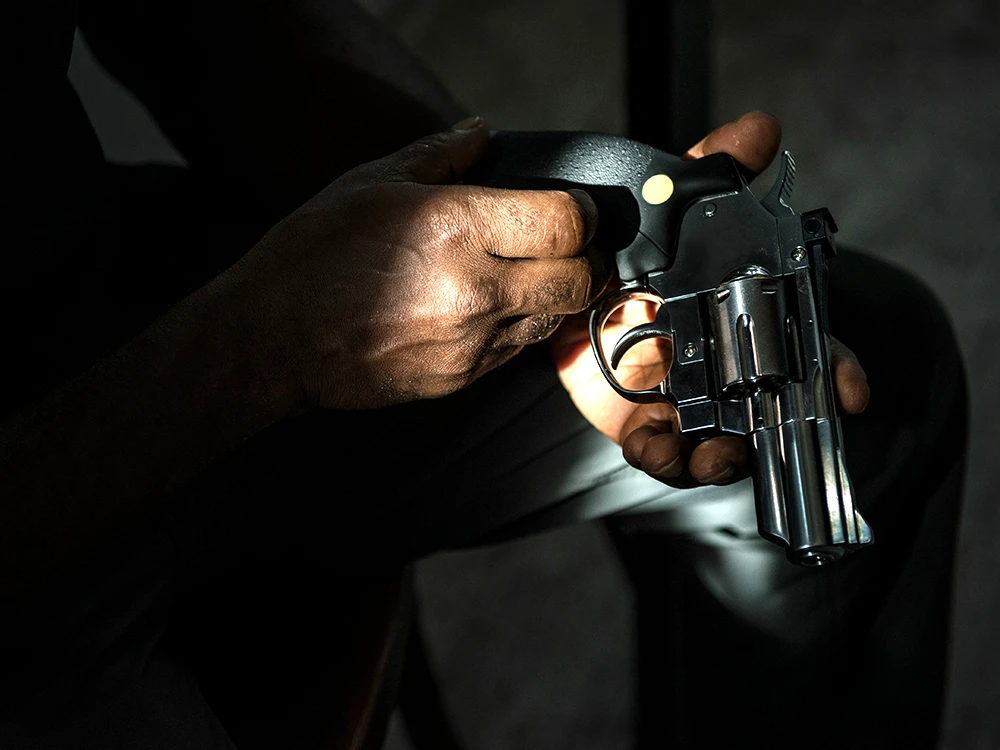In Florida criminal cases, evidence of prior bad acts is typically excluded to avoid prejudicing the defendant. However, such evidence may be admitted for specific purposes, like demonstrating intent or knowledge. In a recent drug crime case, a Florida court considered the admission of such evidence under Rule 404(b) and ultimately upheld the trial court’s decision to allow evidence of prior bad acts. If you are accused of committing a drug offense, you should consult with a Tampa drug crime defense attorney to evaluate your legal options.
History of the Case
It is alleged that the defendant was convicted of several charges, including possession of controlled substances with intent to distribute and possession of a firearm as a convicted felon. The charges arose from a traffic stop and subsequent search of the defendant’s vehicle, during which law enforcement discovered firearms and various drugs.
Reportedly, the prosecution introduced testimony from a witness who claimed the defendant had sold him drugs numerous times before the incident in question. The defendant objected, arguing that the testimony was irrelevant to the current charges and unduly prejudicial. The trial court overruled the objections, finding that the evidence was admissible to establish the defendant’s intent and knowledge. After his conviction, the defendant appealed, challenging the admissibility of the prior bad acts evidence. Continue Reading ›
 Tampa Criminal Lawyer Blog
Tampa Criminal Lawyer Blog



















